5 mistakes you're making that are compromising your home's air quality – and how to fix it like a HVAC pro
Are these common bloopers impacting the air quality in your home?


Air quality is more important in a home than you may first think, and can result in all sorts of household pains if it's insufficient including condensation, mold, and an overall feeling of stuffiness.
Fortunately, there are simple fixes to help someone improve the ventilation in their home, from budget-friendly small additions, to home renovations if you're looking for a larger change.
HVAC (Heating, Ventilation, and Air Conditioning) pros share with us the most common mistakes people make that lead to compromised air quality, as well as what you can do about it if it's impacting your home.
1. Not allowing adequate ventilation into your home
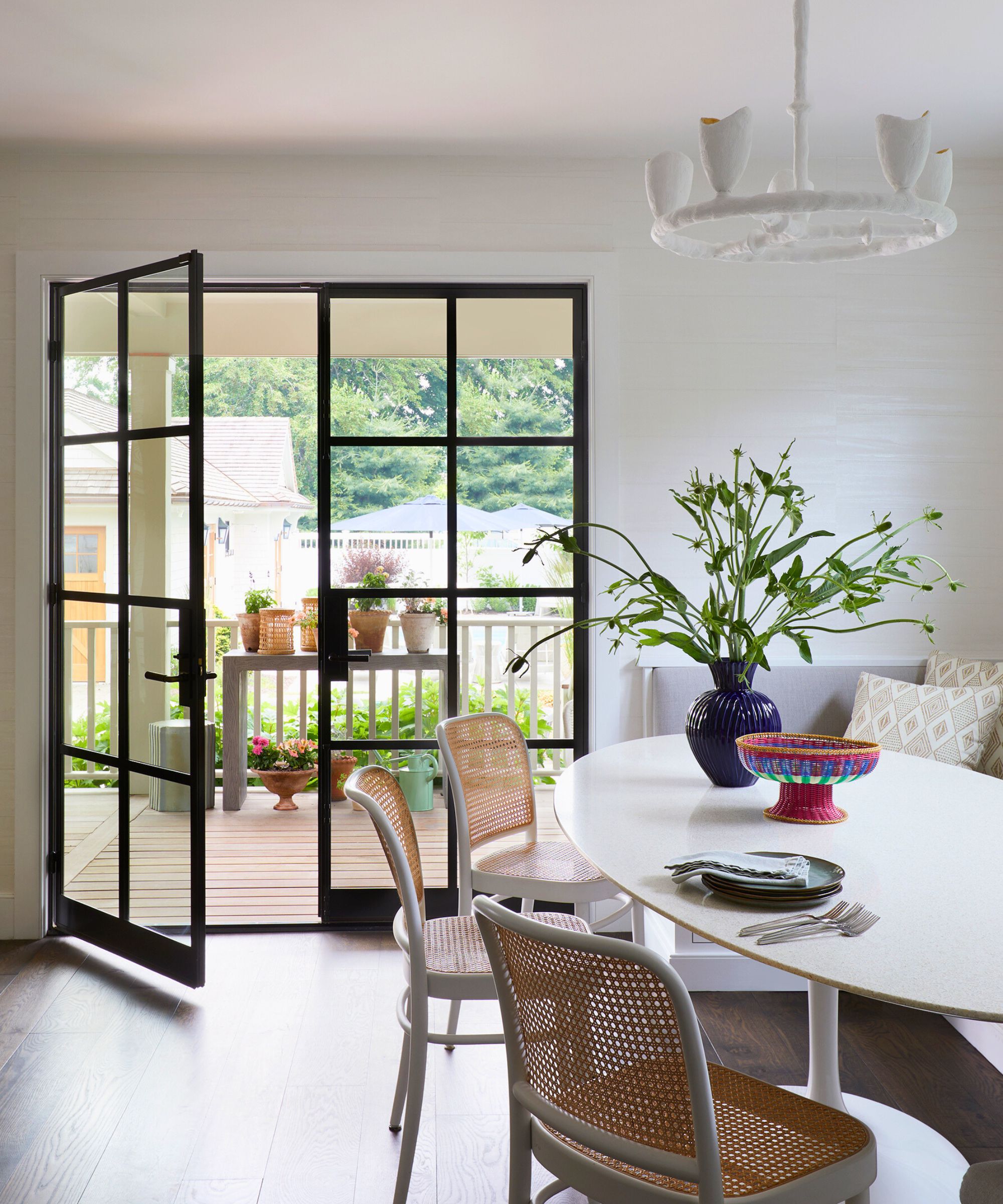
Whether you're seeking to ventilate a rural cottage or improve the air quality in your city home, it's important to let fresh air flow into your space to allow stuffy air filled with dust, spores, allergens, germs and odors a way out. Without opening windows and doors, using cooling systems, or ensuring air ventilation systems are in top form, you could be letting secret things pollute your home air.
Jessica Cormier of PureAC explains, 'Without proper airflow, pollutants like carbon dioxide, cooking fumes, and everyday dust have nowhere to go. This creates a stuffy environment that’s not great for your health or comfort.'
If your home has very few, or zero air vents, it's recommended to get one installed. The iLIVING 12" wall mounted shutter exhaust fan from Amazon is highly rated, and comes with a number of technological settings so you can monitor the levels of ventilation coming into your home.
If you prefer to open up your windows and don't want to run the risk of letting allergens into your space, PureAC's window air conditioner purifier is a great option, especially for those with hay fever or asthma.
We recommend learning more about whether to open or close your crawl space vents, and how to clean any mold from your vents, too.
2. Not cleaning your ventilation systems
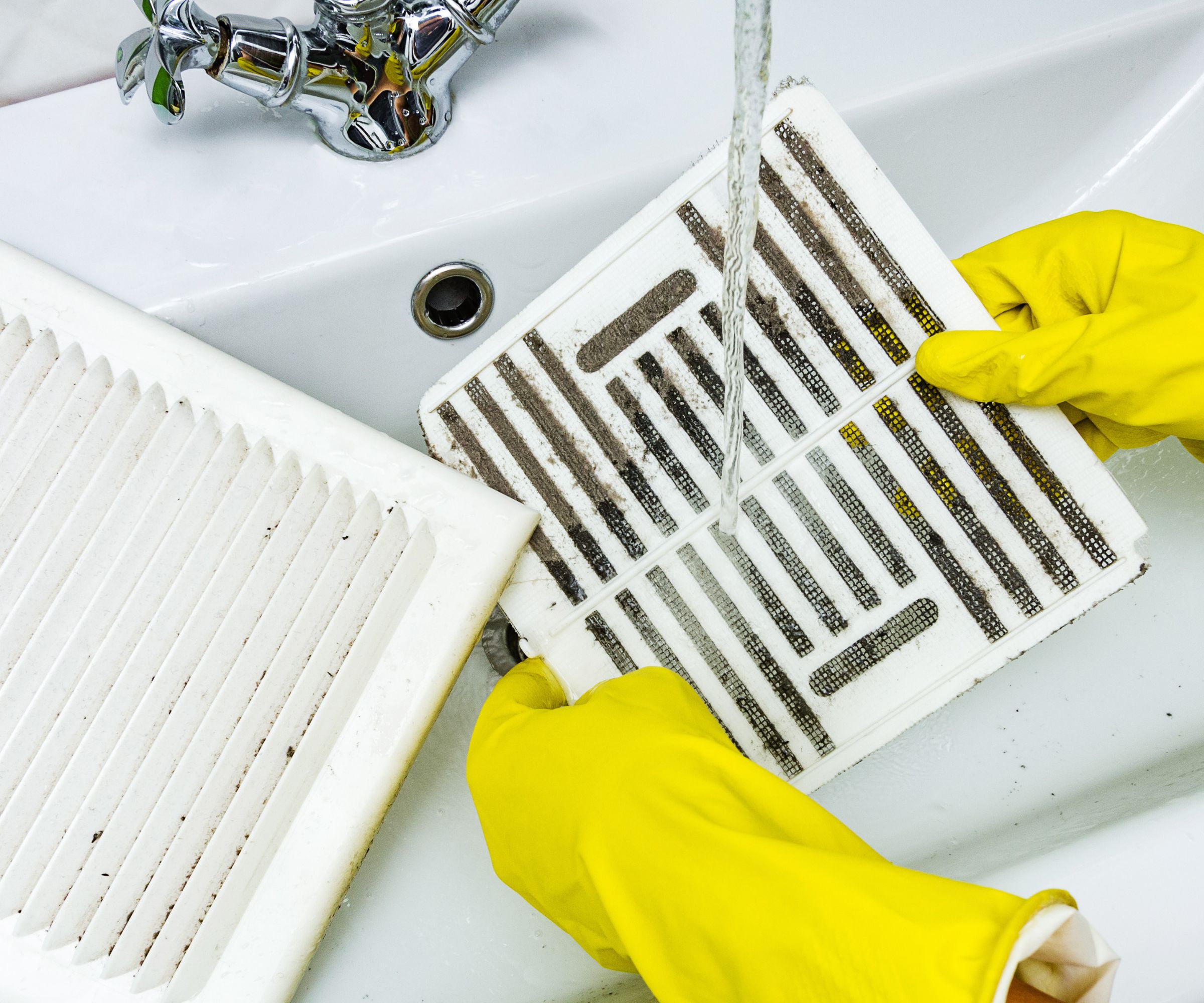
The first step to having a home filled with fresh air is a good ventilation system, but to keep your systems thriving requires another key step: regular maintenance, including cleaning. You can learn how often to service your HVAC system through our handy guide (spoiler alert: our pros say it should be at least once a year, but ideally before summer and before winter).
If air vents are left with layers of dust and debris, you're more likely to be breathing those in, resulting in poorer air quality as well as a potential health risk.
'One of the biggest mistakes people make when it comes to inviting good quality air into their home is forgetting to clean and maintain their HVAC systems,' says Jessica. 'When left unchecked, these systems can build up dust, mold, and bacteria, which then gets blown into and around your home.'
To clean an air vent, use a neutral cleaning solution such as warm soap and water, one cup of vinegar to four parts of water, or a spray derived from natural ingredients such as the ECOS parsley all purpose cleaner from Walmart. Using a harsh cleaning chemical such as bleach may be effective but will cause your vents to blow strong bleach smells around your home.
'Many cleaning products release VOCs [volatile organic compounds] that stick around in the air, causing headaches, irritation, and even long-term health risks with prolonged exposure,' adds Jessica.
Make sure to dry your HVAC systems well using paper towels or a clean and dry designated cloth such as the Scotch-Brite-3-in-1 microfiber cleaning cloth from Target. Leaving damp lingering in these areas will encourage mold to develop, starting the cycle of needing to clean the area all over again.
3. Skipping other maintenance on HVAC systems
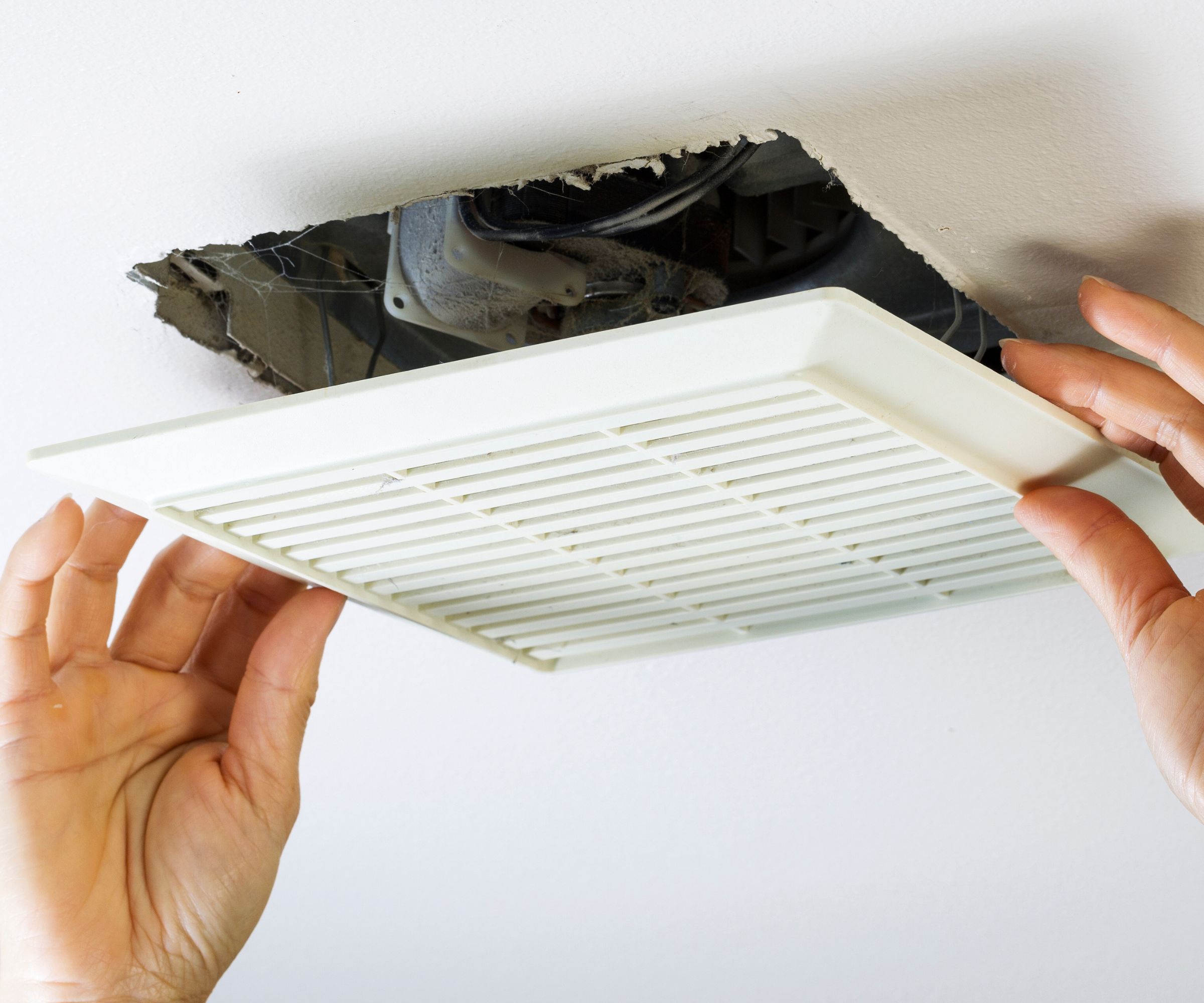
If you can't remember the last time your ventilation systems have been checked and your home seems stuffy, there's a chance that your systems may not be working. Perhaps dirt has built up inside and it just needs a clean, but beyond that the device could need repair, replacement, or seeing by a professional.
Before throwing out your old systems, unless you're definitely sure they are broken, look into specialist help to diagnose the issue. Then, take it from there to see what needs addressing to improve its functionality.
Here, learn how to clean your HVAC system in six steps.
4. Keeping windows closed while using candles or incense

Keep doors open and a window cracked open whilst burning candles
There are many studies out there sharing how burning candles and incense in an under-ventilated home can lead to breathing in toxic fumes. So if you're someone who enjoys scents on a frequent basis and you don't often air out your spaces, the quality of the air in your home may be decreasing.
Bob Z of New Panes Creations says, 'Burning candles and incense can disperse bad toxins into your homes air as well as smoke, so it's best to open a window. If it's cold outside and you're burning candles or incense, I recommend switching on a heater to keep your home warm.'
Alternatively, you could look into other ways to ventilate your home this winter without increasing your energy bills.
Opening a window will do more than just bring fresh air back into your space. The combination of the heat from your incense burning meeting cool, fresh air will actually in itself help to push out harmful chemicals and increase air quality.
'Cracking open a window in this circumstance will yield two benefits,' says Bob. 'Firstly, fresh incoming air mixing with the warm air actually pushes out the smoke and toxins. But (secondly), you will still be keeping the house smelling good as both fresh air and the good smells of the candle or incense will be in the air in your home.'
As someone who loves candles, my favorites of all time include the Woodwick Fireside candle available at Target, Tree House from Byredo, and Yankee Candle's discontinued Hot Cocoa candle, which is similar to their newer Chocolate Layer Cake scent.
5. Purchasing poor-quality windows
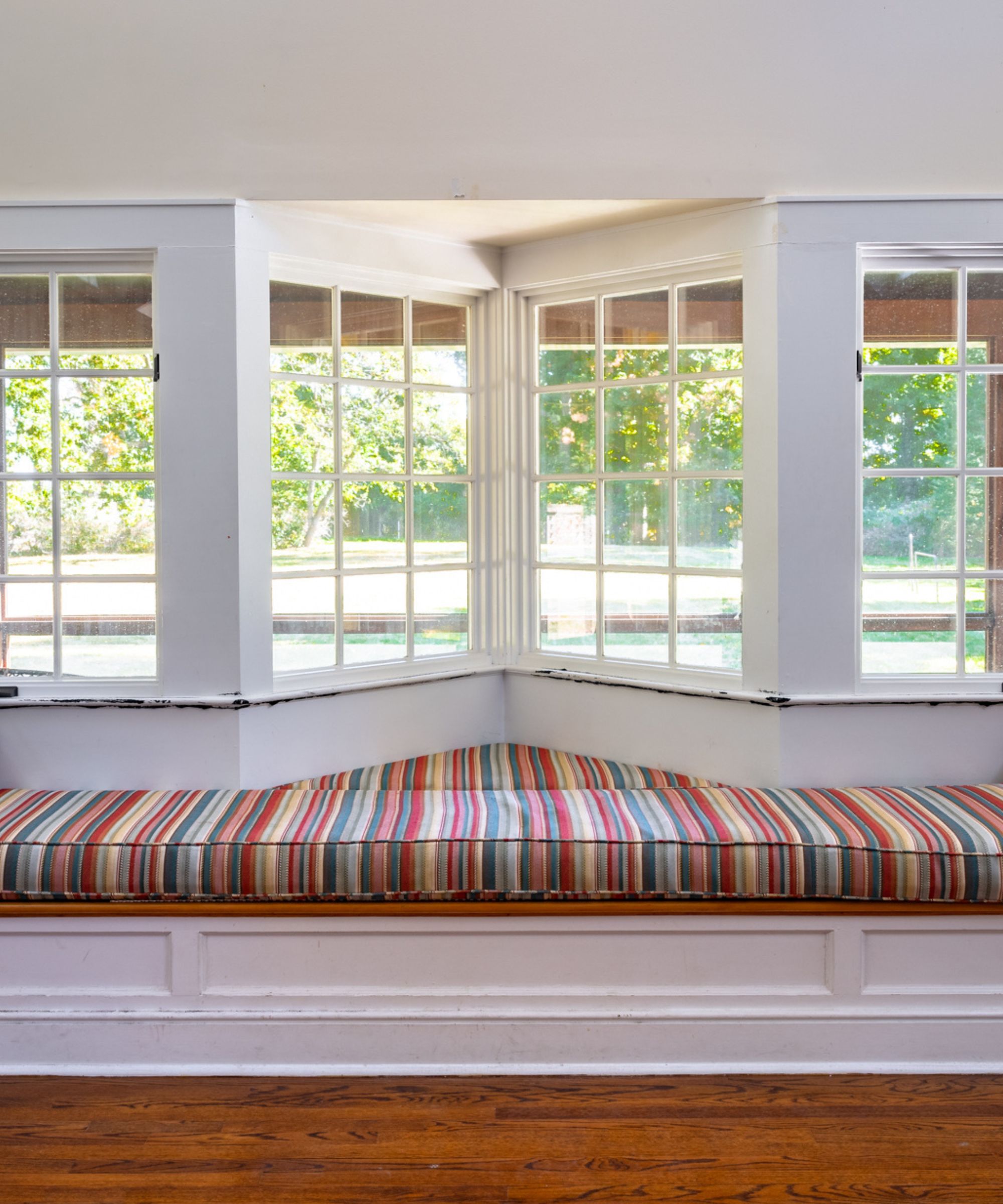
Pictured: a quality wall of windows with nook seating
It's possible to have windows that aren't compatible with your home. They mist up and provide poor insulation, and can attract too much heat, meaning your home is constantly feeling stuffy inside with heating on to compensate.
So if you're not sure why the air in your house always feels a bit stuffy, your windows could actually be why: they're making your house colder, resulting in the heating always being on and inadequate ventilation to follow as opening those windows will let the heat back out again.
'Poorly insulated windows can also lead to higher energy bills due to heat loss in the winter and heat gain in the summer,' says Bob. 'I recommend looking out for windows with good insulation ratings (U-factor, R-value) and considering low-emissivity (Low-E) coatings, which help keep your home comfortable year-round.'
Delve into our in-depth guides on how to slash energy bills, and how to ventilate your home without big energy bills.
Air purifiers are a great option out there to trap dust, debris and pesky particles polluting the fresh air in your home. I didn't know what an air purifier does before learning from HVAC experts, but after hearing what they had to say I wish I never went without one in my home.
Sign up to the Homes & Gardens newsletter
Design expertise in your inbox – from inspiring decorating ideas and beautiful celebrity homes to practical gardening advice and shopping round-ups.

Ciéra is a writer and regional laureate with particular passions for art, design, philosophy and poetry. As well as contributing to Livingetc, she's an Editorial Assistant for Design Anthology, and a contributing writer for Homes & Gardens and Apartment Therapy. Previous commendations of hers include being Highly Commended by The Royal Society of Literature and receiving a prestigious MA Magazine Journalism scholarship to City University, London.
-
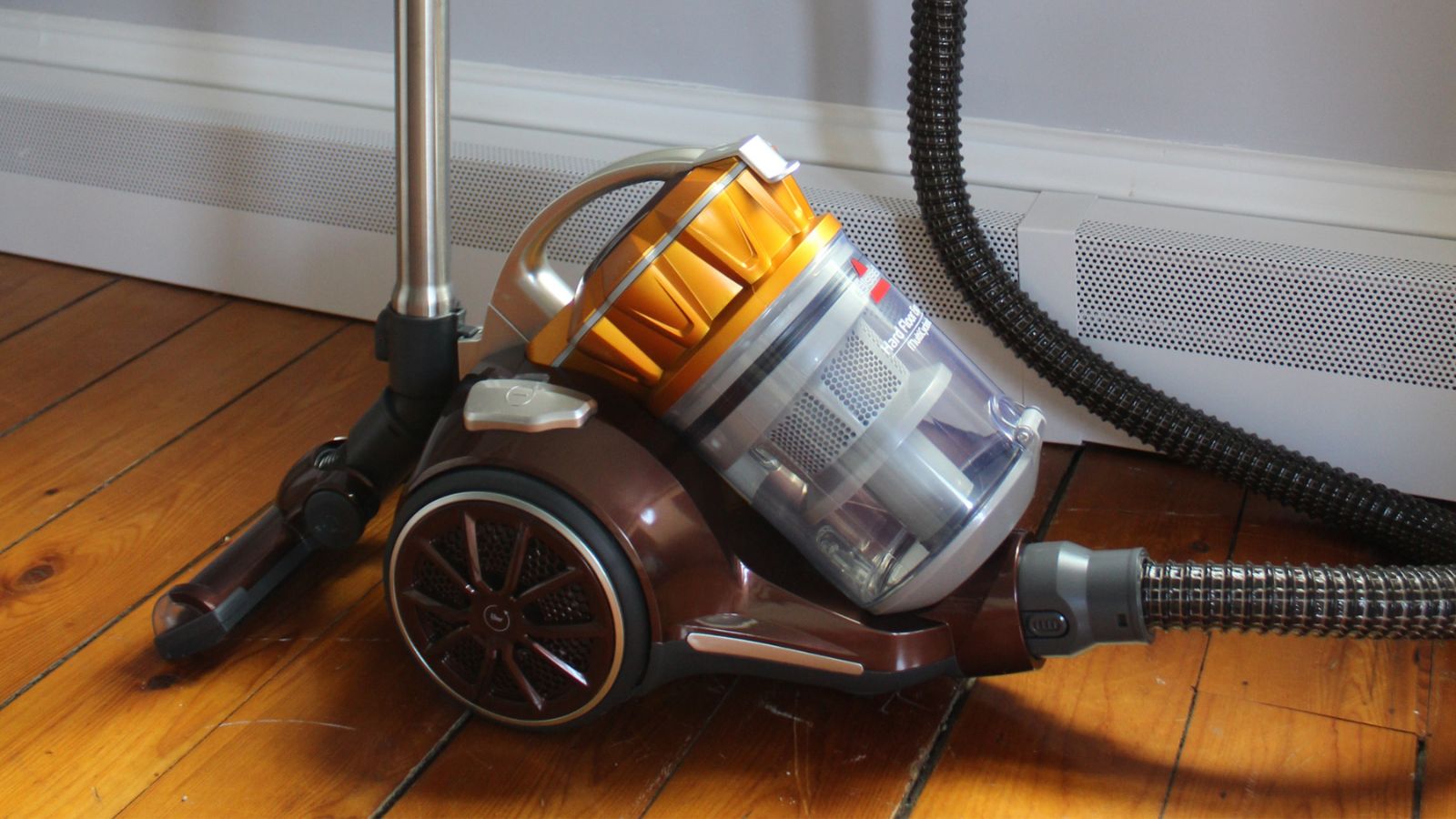 Bissell Hard Floor Expert canister vacuum review – if your home has smooth floors, this is all you need
Bissell Hard Floor Expert canister vacuum review – if your home has smooth floors, this is all you needAs the name suggests, this canister vacuum works wonders on hard floors, but even a low-pile rug is too much of a challenge
By Camryn Rabideau
-
 Sarah Jessica Parker's living room is a treasure trove of presumably clashing patterns – they're unexpected stars of the 'slow furnishing' trend
Sarah Jessica Parker's living room is a treasure trove of presumably clashing patterns – they're unexpected stars of the 'slow furnishing' trendUnlikely prints combine harmoniously in the actress's bold living room for a warm, welcoming effect – experts say her style is growing more popular
By Sophie Edwards
-
 5 surprisingly practical ways to re-purpose old bed sheets for cleaning, decluttering and storage at home
5 surprisingly practical ways to re-purpose old bed sheets for cleaning, decluttering and storage at homeDon't ditch worn-out bedding – there's life in them yet
By Natasha Brinsmead
-
 Do you need to turn the lights off when you leave a room? Experts have ended this time-honored debate once and for all
Do you need to turn the lights off when you leave a room? Experts have ended this time-honored debate once and for allOn or off? We delve into the details of this age-old dispute
By Chiana Dickson
-
 I tried the baking soda trick to quickly and naturally clean my outdoor rug – it’s now set for Easter outdoor hosting
I tried the baking soda trick to quickly and naturally clean my outdoor rug – it’s now set for Easter outdoor hostingBaking soda is perfect for lifting dirt and debris
By Eve Smallman
-
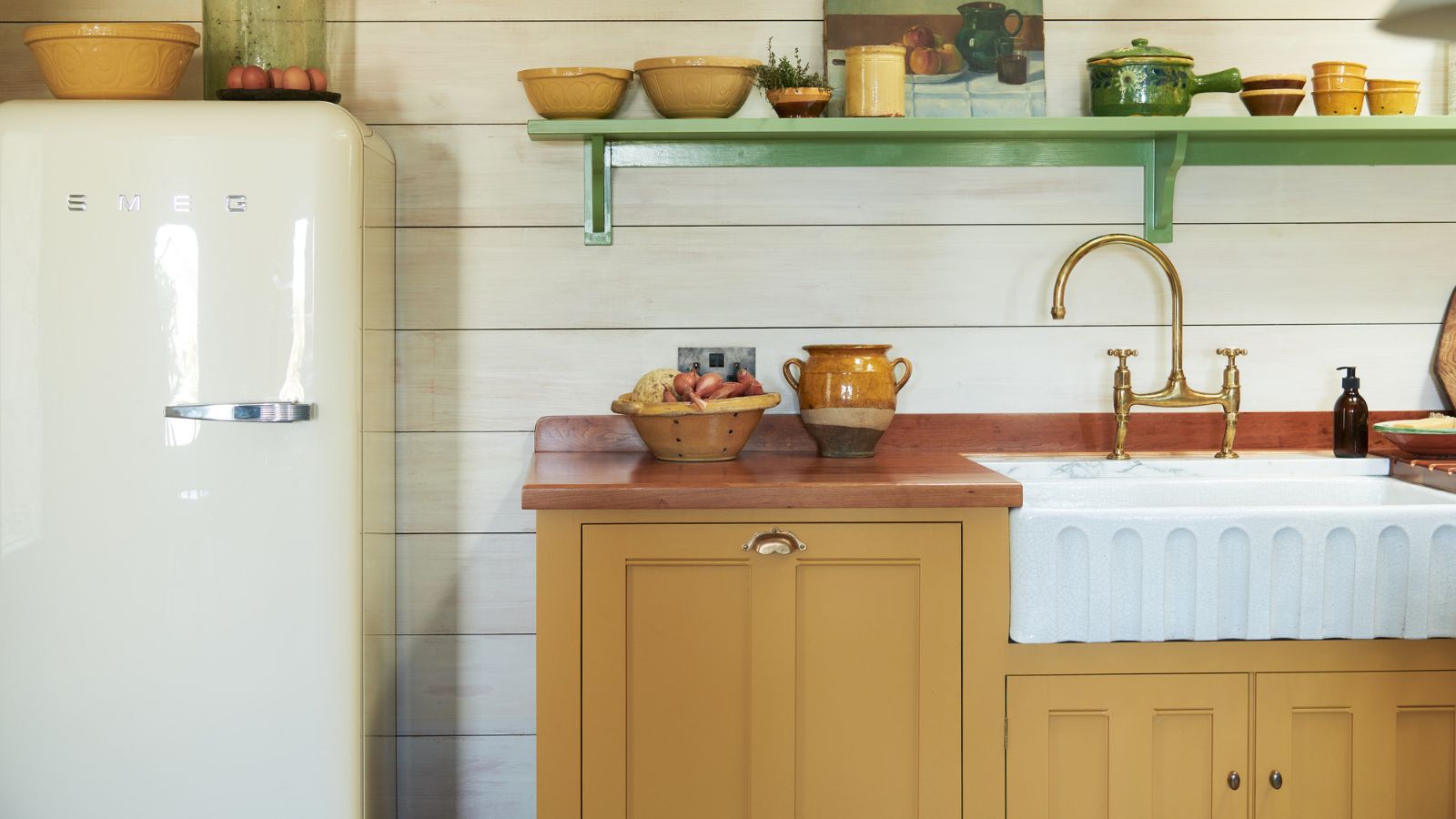 The 5 worst things you can do to your fridge – these will drive up energy costs and result in pricey and regrettable repairs
The 5 worst things you can do to your fridge – these will drive up energy costs and result in pricey and regrettable repairsIt's crucial to swerve these blunders, appliance experts warn
By Ottilie Blackhall
-
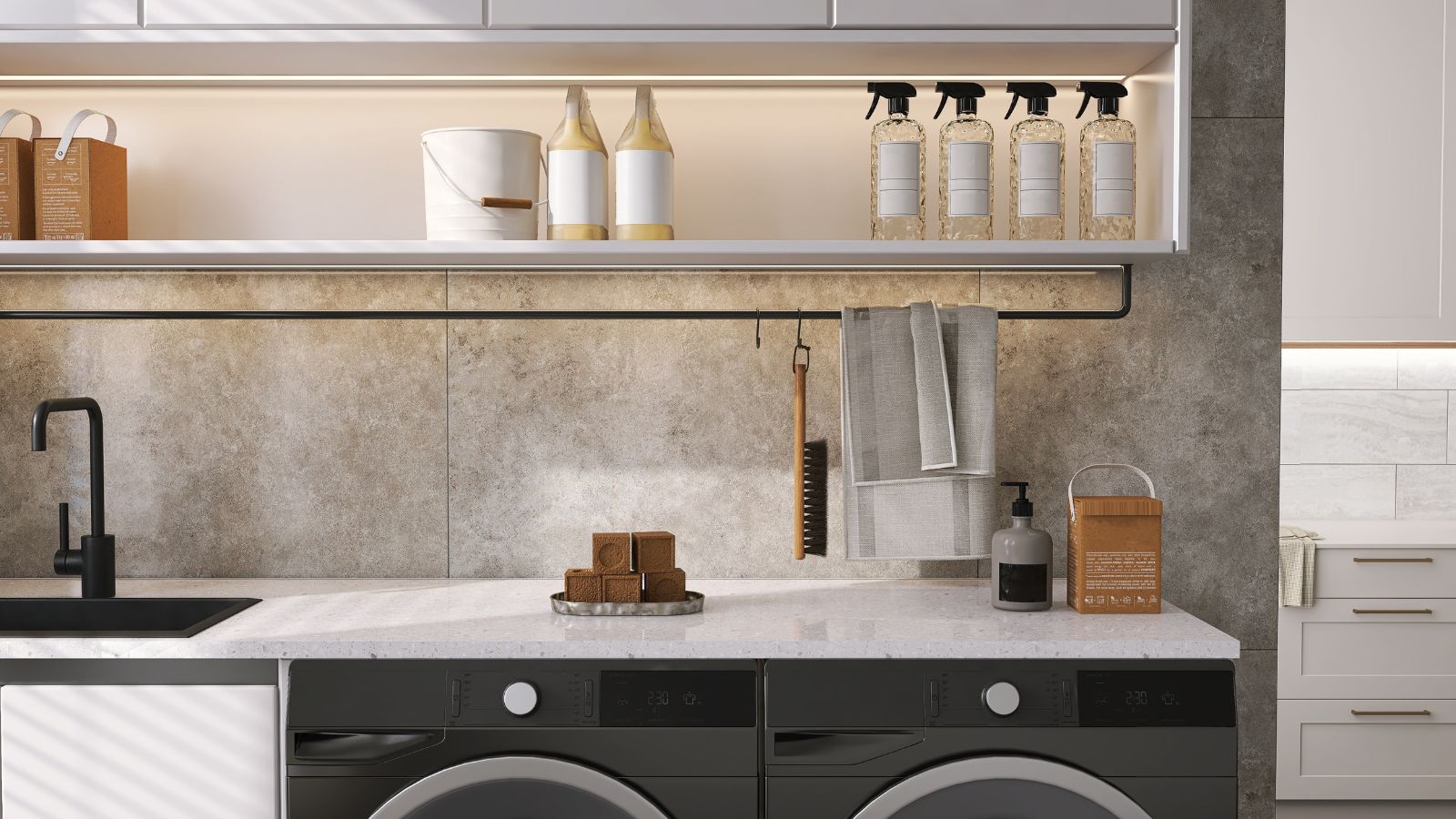 Extend the lifespan of your appliance with 5 simple but crucial washing machine maintenance tips
Extend the lifespan of your appliance with 5 simple but crucial washing machine maintenance tipsFrom cleaning the filters to keeping the door open, experts reveal the washer tips they swear by
By Andy van Terheyden
-
 5 vital ways a home battery backup can help with your most urgent needs in a power outage – from heating to flood prevention and calls
5 vital ways a home battery backup can help with your most urgent needs in a power outage – from heating to flood prevention and callsExperts say they're a worthy investment
By Clement Feng
-
 I’m an HVAC technician, and this is when I turn on my AC each year – plus 5 checks I always do beforehand
I’m an HVAC technician, and this is when I turn on my AC each year – plus 5 checks I always do beforehandSave yourself an AC hassle by running my checks and turning it on before big heat hits
By Josh Mitchell
-
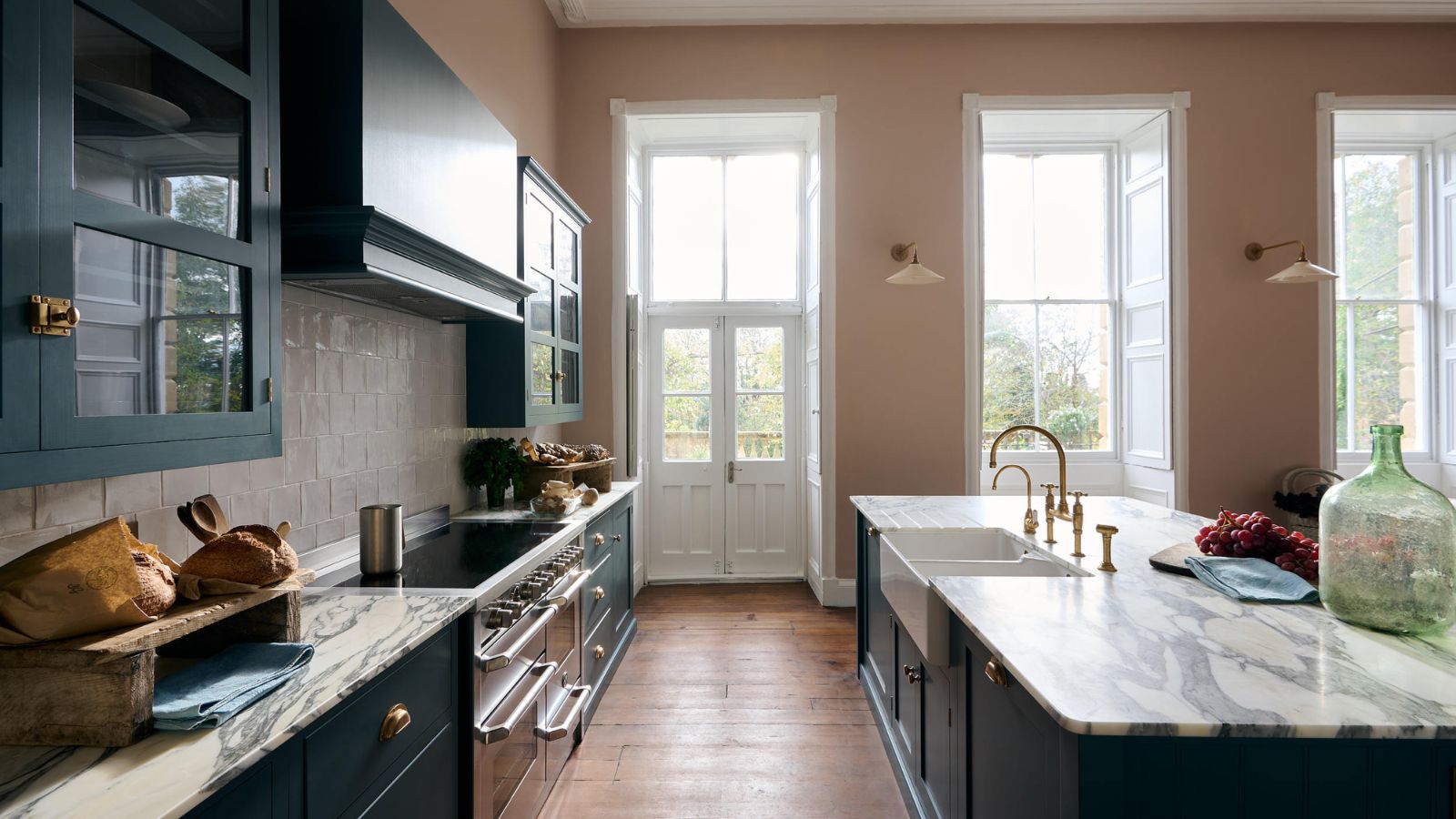 6 things you should never throw in the trash – and what to do for safe disposal instead
6 things you should never throw in the trash – and what to do for safe disposal insteadFrom batteries to space heaters, experts reveal what not to throw
By Andy van Terheyden